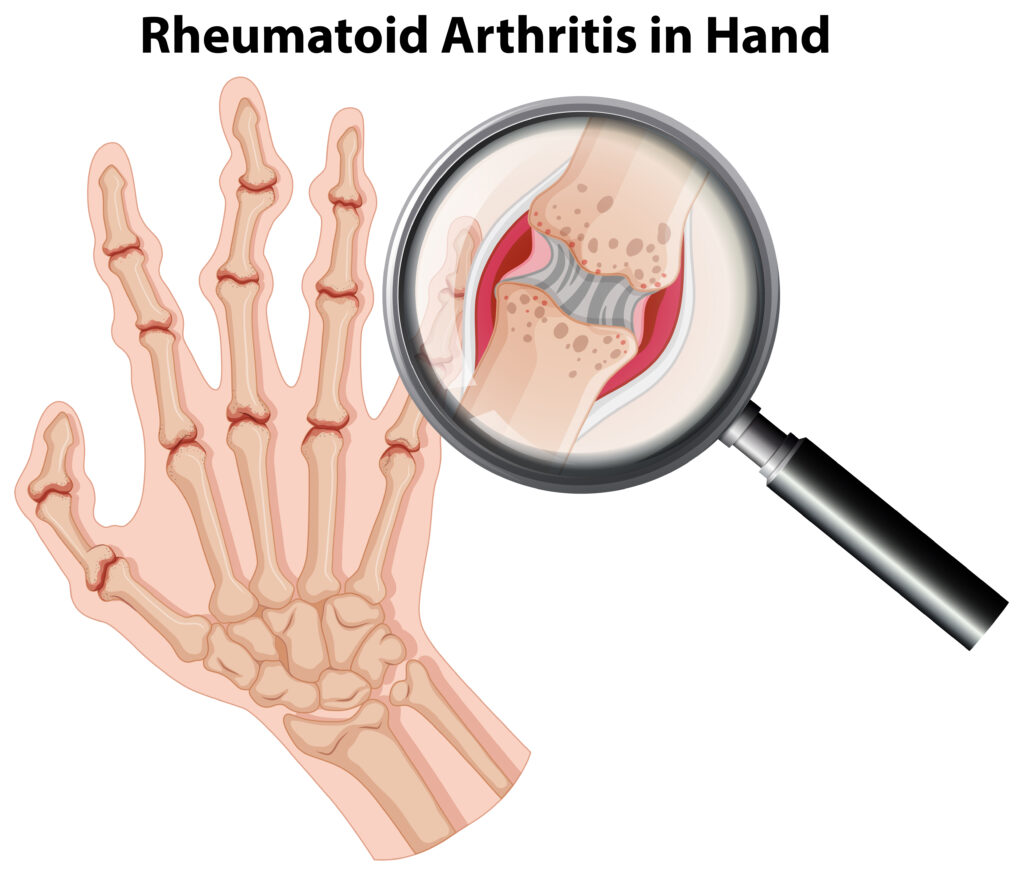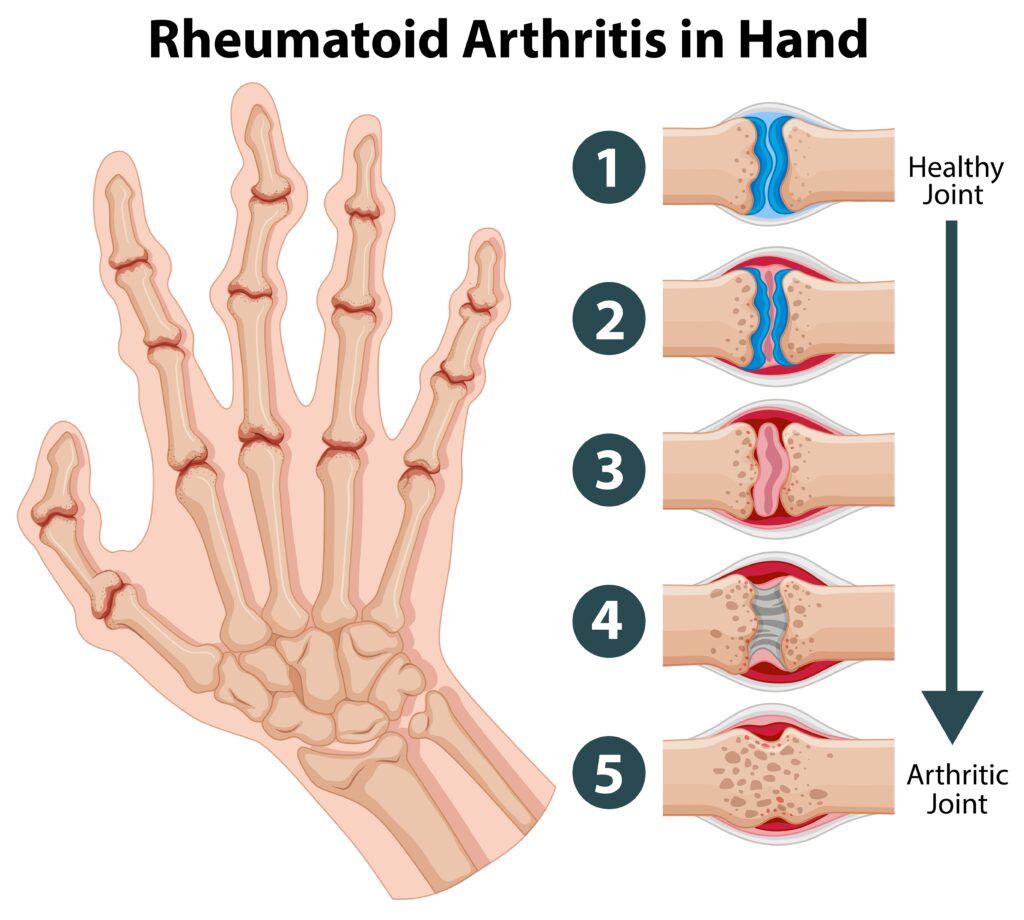
Dr. Abdul Salam here!, as a full time practicing orthopedic surgeon in Coimbatore, I have seen numerous patients with rheumatoid arthritis. Rheumatoid arthritis is a life long and chronic and severely degrades the quality of life of patients when they become affected by it.
With respect to the remission of rheumatoid arthritis, there are different definitions followed by most doctors. For patients remission may mean complete freedom from all symptoms of the condition, whereas for medical doctors the technical definition of remission is far more complex.
The Americal college of rheumatology has well-defined criteria with respect to disease remission. While 48% of patients may feel that their remission basically lies in being symptom-free, the medical definition of remission relies on X-Rays, clinical findings et cetera.
Thus even though patients may perceive that they are in remission, technically they should not stop taking medications at any cost. This is because an absence of symptoms does not mean ‘no disease activity’.
Furthermore, the issue with defining remission becomes harder since, defining remission on clinical criteria, actually depends on the chosen criteria itself. Since different clinical criteria utilize different timelines, a set standard period of time to define remission cannot be agreed upon.

One point to bear in mind is that, early intervention is associated with more lasting and longer rates of remission. The objective of the intervention of course is to start treatment at the earliest before the actual ‘joint erosion’ actually occurs. Some patients can live with osteoarthritis for years, before which remission can actually occur. Regardless of disease severity, staying in treatment definitely helps
Lifestyle factors are equally important. For women, obesity is a cardinal factor that determines reduced rates of remission and for men smoking is associated with reduced rates of remission. The strict control of weight and avoidance of smoking can definitely increase remission drastically
Relapse during remission can definitely occur and its important to be realistic about one’s goals. While the final long term goal is to achieve a disease-free state in the absence of medications, in some instances the body just stops responding to the medications. Thus it is important to be in touch with your healthcare provider with respect to RA.
I hope you enjoyed reading this short post on rheumatoid arthritis remission. Keep watching this space for more interesting articles.
WhatsApp us